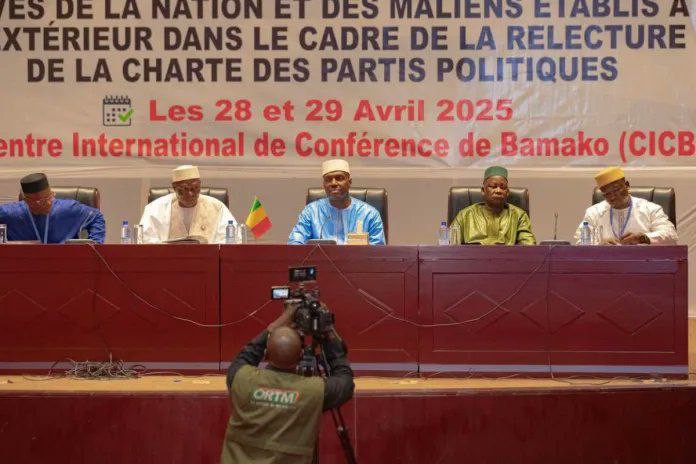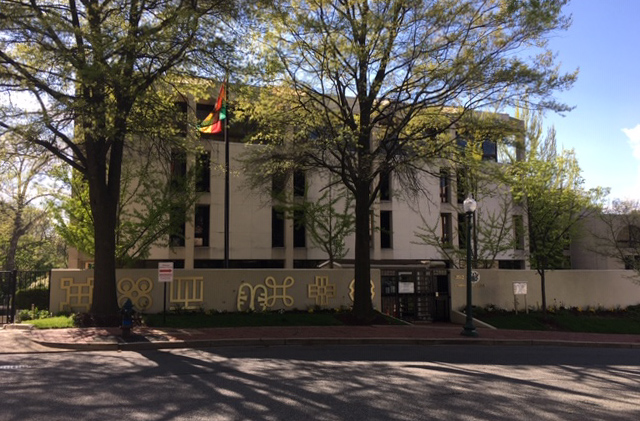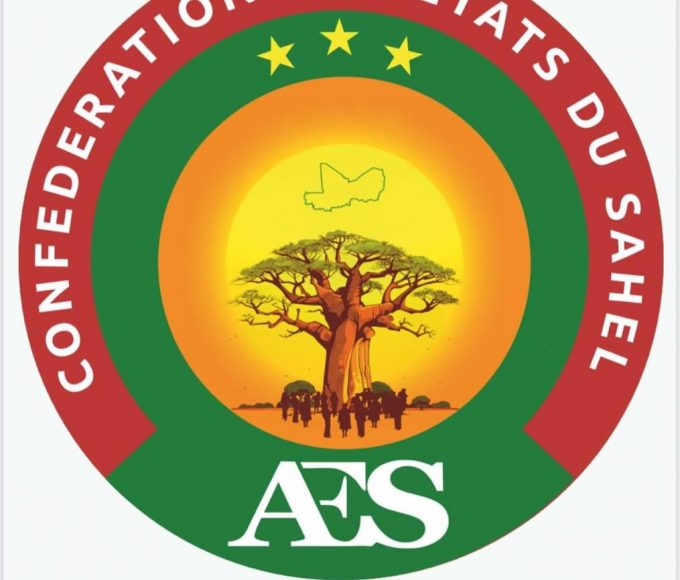
Mali Begins Political Party Reform Amid Supreme Court’s Alarming Transparency Report

Malian Authorities have launched an overhaul of the country’s party system, guided by constitutional principles and public demand for greater accountability.
This restructuring comes in response to a damning revelation by the Supreme Court, which disclosed that out of nearly 300 registered political parties, only a small fraction submitted financial reports in 2023.

According to the Court, approximately 80 per cent of Mali’s political parties have failed to meet their financial obligations. Even among the few that did attempt to comply, several submissions were rejected due to serious deficiencies.
The Court has called for exemplary sanctions, including the withdrawal of public funding and the suspension of non-compliant parties, to restore trust in the democratic process.
This push for reform aligns with recommendations from the Assises Nationales de la Refondation (National Refoundation Conferences), a national consultation process held in 2021. Informed by these deliberations, the government recently repealed the 2005 Political Parties Charter and the 2015 Law on the Status of the Opposition, signaling the start of a major institutional restructuring.

Abdoul Salam Diepkile, Director General of Territorial Administration, emphasised that the reforms aim to consolidate Mali’s fragmented political environment by reducing the number of parties and enforcing stricter oversight of party creation and financing.
The government has assured citizens that the reform process is rooted in inclusivity. While the political class and civil society were consulted extensively, the final decision reflects the broader national will as expressed through recent public forums and consultations.
The new legal framework, currently in development, is expected to introduce tougher regulatory standards designed to prevent the unchecked proliferation of political entities, a phenomenon long criticised for weakening the country’s democratic institutions.
It will be recalled that the National Consultation conference held on Tuesday at the Bamako International Conference Centre (CICB) recommended the dissolution of all existing political parties and the appointment of General Assimi Goïta as President of the Republic for a renewable five-year term.
Convened under the leadership of Prime Minister Major General Abdoulaye Maïga, the high-level gathering brought together representatives from civil society, the diaspora, and various national stakeholders.
source: AESinfo/ Maliactu
Read Also:
- ICPC Backtracks on NELFUND Diversion Claims, Says No Discrepancies Yet Established
- Nigerian Media Amplifies French-Led Disinformation Campaign Falsely Attributing Traore’s Popularity to Russia
About The Author
Related Articles
Cotê D’Ivoire: Thousands Rally in Abidjan as Opposition Demands Electoral Reforms Ahead of October Election
Thousands of opposition supporters gathered in Abidjan on Saturday, May 31, to...
ByJoy ChukwuJune 1, 2025Togo Stops Issuing Mining Permits to Reform Outdated Mining Code
Togo has suspended the issuance of new mining permits for prospecting and...
ByJoy ChukwuJune 1, 2025ICYMI: Ghana Shuts Down Washington Embassy Over Visa Fraud Scandal
Ghana has temporarily closed its embassy in Washington, D.C., following the uncovering...
ByJoy ChukwuMay 31, 2025Confederation of Sahel States Moves to Establish Joint Judicial Body
The Confederation of Sahel States (CSS), comprising Mali, Niger, and Burkina Faso,...
ByJoy ChukwuMay 31, 2025












Leave a comment